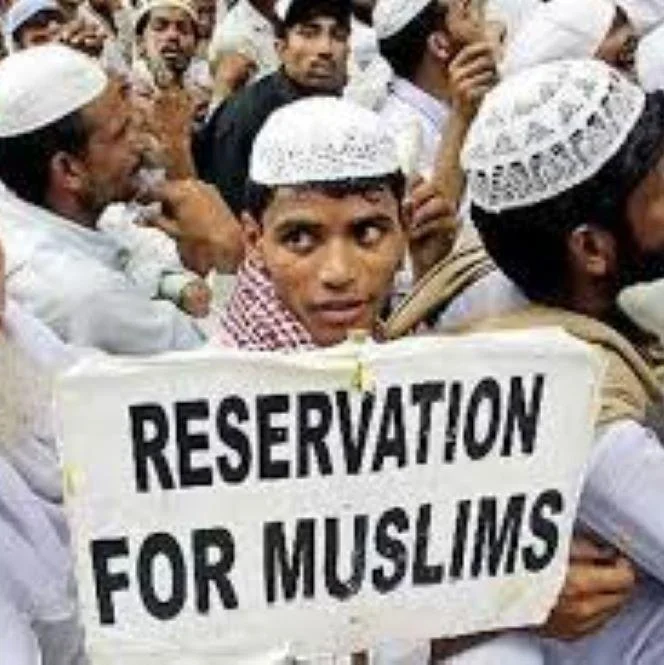The political atmosphere in Telangana is currently charged with debate following the Congress government’s proposal to include Muslims in the Backward Classes (BC) list. This suggestion has met with considerable resistance, spearheaded by Union Minister of State for Home Affairs, Bandi Sanjay Kumar, who views it as a politically calculated maneuver to manipulate reservation benefits. The core issue revolves around the definition and composition of Backward Classes.
Opposition to the Proposal
Bandi Sanjay Kumar contends that the Congress party is attempting to undermine the established BC community to gain political favor. He has voiced strong concerns regarding the validity of the proposal. According to Bandi Sanjay Kumar, “This move is a betrayal of the Backward Classes, with Congress attempting to seize opportunities rightfully belonging to them.” These remarks highlight the strong opposition to the proposed change.
Questions of Social Justice and Equality
The BJP’s opposition brings important questions to the forefront concerning social justice, equal opportunity, and the principles of the reservation system. Critics argue that broadening the BC list to encompass Muslims might diminish the resources and opportunities intended for groups traditionally considered disadvantaged. Conversely, others maintain it’s a crucial step in rectifying socio-economic inequalities experienced by the Muslim community. This difference in opinion underscores the difficulties in addressing different needs and interests within a varied society.
- Concerns about diluting existing benefits.
- Arguments for addressing socio-economic disparities.
The Congress Perspective
While facing opposition, the Congress government likely believes this inclusion aligns with their commitment to social justice. They may argue that specific Muslim communities meet the criteria for backwardness based on social, economic, and educational indicators. Justification for the inclusion might cite data on poverty, literacy rates, and representation in government jobs and educational institutions. The debate highlights the different interpretations of what constitutes backwardness and who should benefit from affirmative action policies. Consider researching the existing reservation policies to understand the current framework.
Looking Forward
The controversy is anticipated to heavily influence political discussions in Telangana moving forward. The Congress government will be tasked with addressing concerns voiced by the BJP and other entities, all while proving the fairness and legality of their proposal. The resolution of this debate could significantly impact reservation policies and social interactions within the state. Ultimately, the debate over inclusion in the Backward Classes list reflects broader discussions about social justice, representation, and the role of government in addressing historical inequalities.
